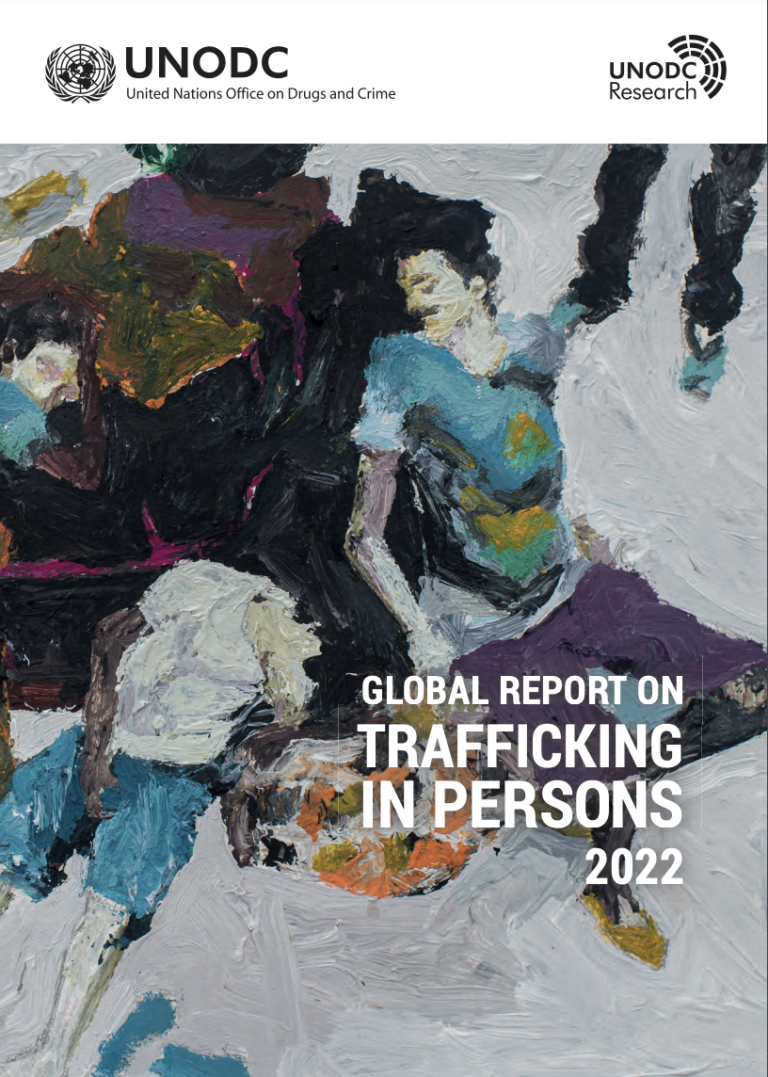This 7th edition of the Global Report on Trafficking in Persons captures our world at a fragile tipping point. For the �first time in the 20 years that the United Nations Office on Drugs and Crime (UNODC) has collected data on trafficking in persons, we registered a decrease in 2020 in the number of victims detected globally. Pandemic-related restrictions on movement and business operations may have at least temporarily reduced some forms of trafficking, including trafficking for the purpose of sexual exploitation and cross-border trafficking. Nonetheless, the decreases in detected victims have largely been registered in low- and middle-income countries – countries with justice, social and health systems that have struggled to cope with Covid and its fallout and may not have the resources to respond to trafficking challenges.
As law enforcement and public services were under increasing strain, pandemic restrictions may have also driven some forms of trafficking to more hidden locations, potentially increasing the dangers to victims and making it less likely they could come to the attention of the authorities. Overall, there is little evidence to suggest that the threat of this crime has diminished with the drop in detected victims, and many reasons to fear that Covid, crises, conflicts and the climate emergency are escalating trafficking risks.
Moreover, the �findings suggest that our institutions are too often failing to detect and protect trafficking victims, and to give them justice. �The global slowdown in the number of convictions for trafficking in persons – decreasing since 2017 – further accelerated during the pandemic, falling in 2020 by an alarming 27 per cent over the previous year.

